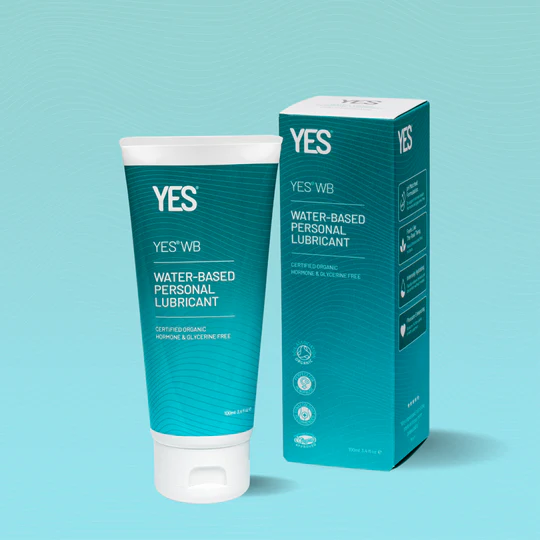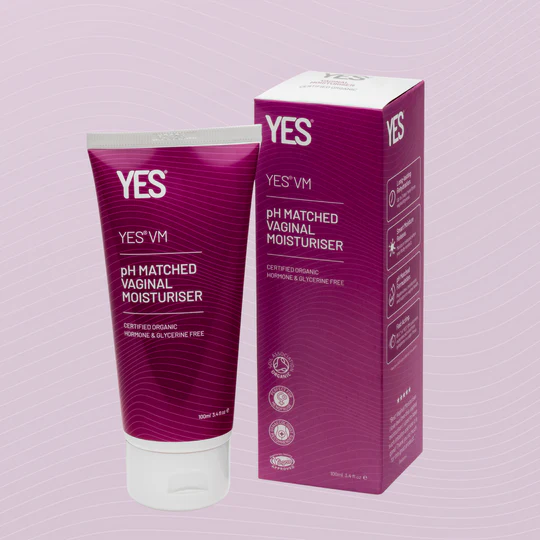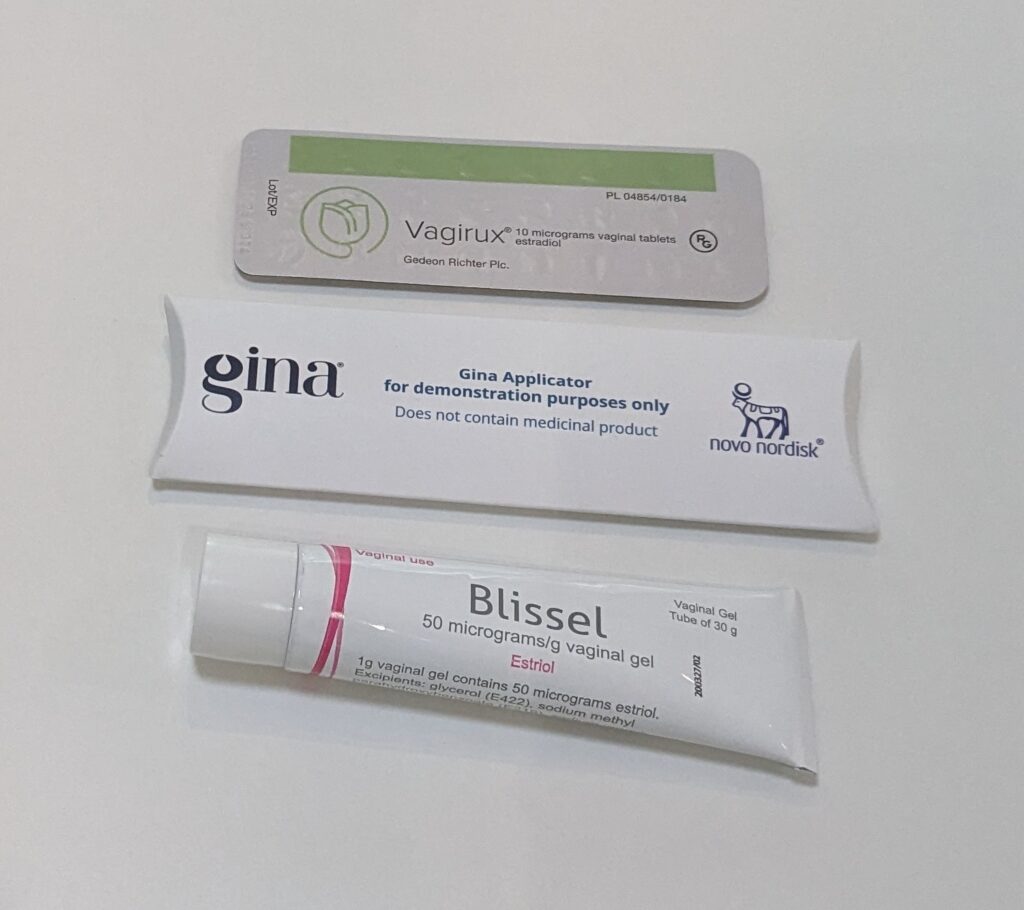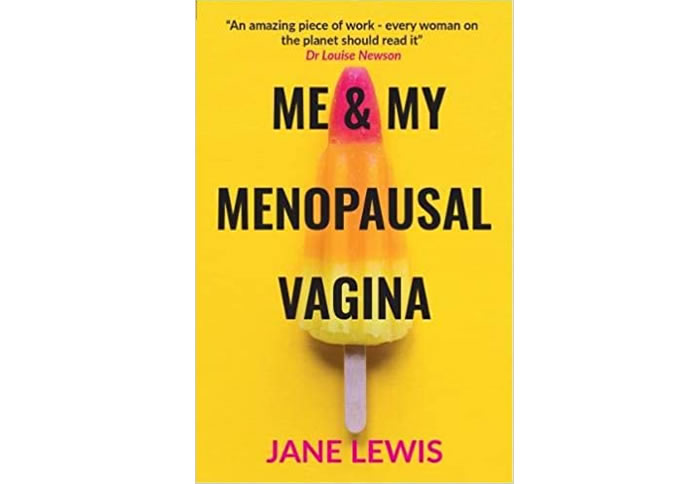Table of Contents
What is it?
The genitourinary syndrome of the menopause is common, and often not discussed, but once recognised there are lots of options for helping symptoms including local oestrogen, vulval care, moisturisers and lubricants.
Oestrogen lubricates the vulvovaginal tissues and helps the vaginal microbiome. It also improves bladder function and reduces urinary infections. Oestrogen and collagen strengthen the pelvic floor, and without it they become thinner and weaker. The genitourinary tract has a huge number of oestrogen receptors, and the tissues are very sensitive to the hormonal changes of perimenopause.
Symptoms of the genitourinary syndrome of the menopause can include vaginal dryness, soreness, itching, and burning. We may pass urine more often and with more urgency, there can be pain with urination and frequent urinary infections. Sex can be sore and we can feel less responsive to touch.
The drop in oestrogen at perimenopause can make a just about manageable situation with a prolapse or stress incontinence suddenly become not at all manageable.
How common is it?
The genitourinary syndrome of the menopause affects 50% of women by the age of 50 but is often not recognised as being related to low oestrogen. Many women self-treat for thrush or cystitis or see these changes as being part of the normal ageing process.
What can be done to help?
In terms of support for these symptoms, I always start with vulval care. The vagina is self-cleaning, and it’s best just to wash with water, not the intimate feminine washes that are marketed to us. If you do feel you need to use something more please choose something like an emollient. As our oestrogen levels fall and the vaginal microbiome changes the vulva and vagina can be irritated more and even a mild unfragranced soap that has previously suited us can contribute to a lot of soreness.

There are also really effective vulval and vaginal moisturisers and emollients, that can help a lot with dryness and soreness externally and feel soothing to use. Again pick wisely, I recommend the brand Yes, which is irritant-free and available without a prescription. Vaginal lubricants can make a real difference to how comfortable sex feels. Yes have both water and oil based lubricants available (oil based are not suitable for use with condoms).

In terms of urinary symptoms, many of us find that we will restrict what we drink to manage our bladder, but adequate fluid intake is important. Caffeine, alcohol, juice and squash can all irritate the bladder for some people. This leaflet about bladder retraining can be really useful, working to stop those “just in case” wees can pay dividends.
If the thought of strength training has you crossing your legs and worrying about your pelvic floor you might want to consider a pelvic physio assessment. Women’s health physios are incredibly knowledgeable and can help you assess what types of exercises will benefit you and your pelvic floor, how to use your breath, and if there’s anything that may be best to avoid at the moment. There’s no one size fits all for pelvic floor exercises, some of us will need to strengthen, and some will need to focus more on relaxation so specialist help can be really useful here. Managing any constipation is essential for our pelvic floor.
What about HRT?

General HRT does tend to have a beneficial effect on these symptoms, but the genitourinary symptoms can take longer to respond than symptoms like hot flushes. Local oestrogen treatment can be used with or without general HRT. It is low in dosage, and safe to use by almost all women on a long-term basis. It supports blood flow to the vulval and vaginal tissues, aswell as an optimal vaginal microbiome. Local oestrogen treatment can also help with urinary urgency and frequency. Gina is an over-the-counter vaginal oestrogen tablet that is now available. On prescription there are also local oestrogen vaginal tablets, creams, gels, and a vaginal ring. These are all covered by the HRT pre-payment certificate.
Useful resources

Primary Care Dermatology Society Vulval Care
Yes natural vulval moisturisers and lubricants
Women’s Health Concern – Vaginal Dryness
Women’s Health Concern – Urogenital problems
Me and My Menopausal Vagina book by Jane Lewis
